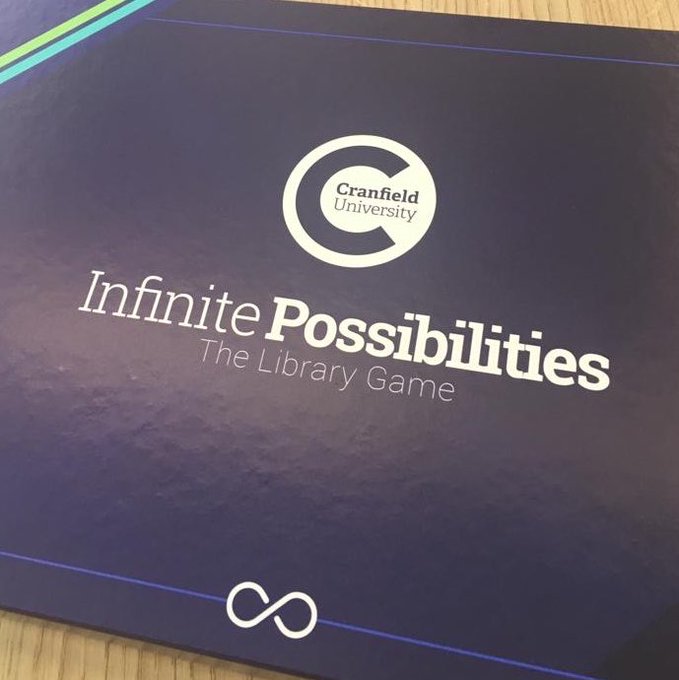The value of playful learning
08/08/2019

In July 2019 I was fortunate to attend a conference called ‘Playful Learning.’ The delegates (around 120 of us) were from a variety of different backgrounds. Some worked for companies, some were in education, some wrote and designed games, but we were brought together by our shared experience of teaching and learning – and seeking to learn and share about incorporating playfulness into our practice.
What is ‘playful learning’?
Playful learning is the integration of activities into learning and teaching practice that are connected to play. The activities can appear abstract or they can directly relate to the task, but the intention is to enable and enhance learning by using different experiences. You might have encountered some of these in your own learning journey.
Some examples from the conference:
Lego Serious Play: the seminar I attended described the use of lego in a revision session; where the association of concepts with lego models improved students’ memory and confidence in exam preparation. In the seminar, we constructed models that related to the concept of playful learning and it was a useful and interesting way to conceptualise our ideas.
Helps with: memory, team building, learning concepts, visualising

Playdoh: this was a very short but active ‘icebreaker’ in which we were asked to take our assigned colour, find two people with different colours, and combine our playdoh to make a model based on a given theme.
Helps with: team building, abstraction, movement
Puzzle boxes/Escape boxes: there were several versions of this type of activity which requires students to solve problems in order to uncover a code which ‘unlocks’ the next task. Can be adapted to most subjects/topics.
Helps with: teamwork, problem-solving, applied learning
Games for Management Development: this session involved practical games designed to teach management theory to leaders in education. One example is a culture web scavenger hunt, in which teams are asked to complete Johnson and Scole’s cultural web
<https://www.leadershipcentre.org.uk/artofchangemaking/theory/cultural-web/> by going out and photographing or collecting artefacts from their workplace that represent one aspect of the web. The example given was how power structures are represented in the physical layout of buildings and the location of offices.
Helps with: team building, problem-solving, movement, applied learning

The conference was also a great place to test out our new library game, Infinite Possibilities. The game will be used in library inductions for new students. We would love to have current students test it! If you would like to play, contact MIRC (mirc@cranfield.ac.uk)
Categories & Tags:
Leave a comment on this post:
You might also like…
Keren Tuv: My Cranfield experience studying Renewable Energy
Hello, my name is Keren, I am from London, UK, and I am studying Renewable Energy MSc. My journey to discovering Cranfield University began when I first decided to return to academia to pursue ...
3D Metal Manufacturing in space: A look into the future
David Rico Sierra, Research Fellow in Additive Manufacturing, was recently involved in an exciting project to manufacture parts using 3D printers in space. Here he reflects on his time working with Airbus in Toulouse… ...
A Legacy of Courage: From India to Britain, Three Generations Find Their Home
My story begins with my grandfather, who plucked up the courage to travel aboard at the age of 22 and start a new life in the UK. I don’t think he would have thought that ...
Cranfield to JLR: mastering mechatronics for a dream career
My name is Jerin Tom, and in 2023 I graduated from Cranfield with an MSc in Automotive Mechatronics. Originally from India, I've always been fascinated by the world of automobiles. Why Cranfield and the ...
Bringing the vision of advanced air mobility closer to reality
Experts at Cranfield University led by Professor Antonios Tsourdos, Head of the Autonomous and Cyber-Physical Systems Centre, are part of the Air Mobility Ecosystem Consortium (AMEC), which aims to demonstrate the commercial and operational ...
Using grey literature in your research: A short guide
As you research and write your thesis, you might come across, or be looking for, ‘grey literature’. This is quite simply material that is either unpublished, or published but not in a commercial form. Types ...







Gamification both entices and encourages further learning! Something I’ve learnt well as a designer in the advertising industry. Boy do I wish BBC bitesize had worked this out earlier in my youth!!